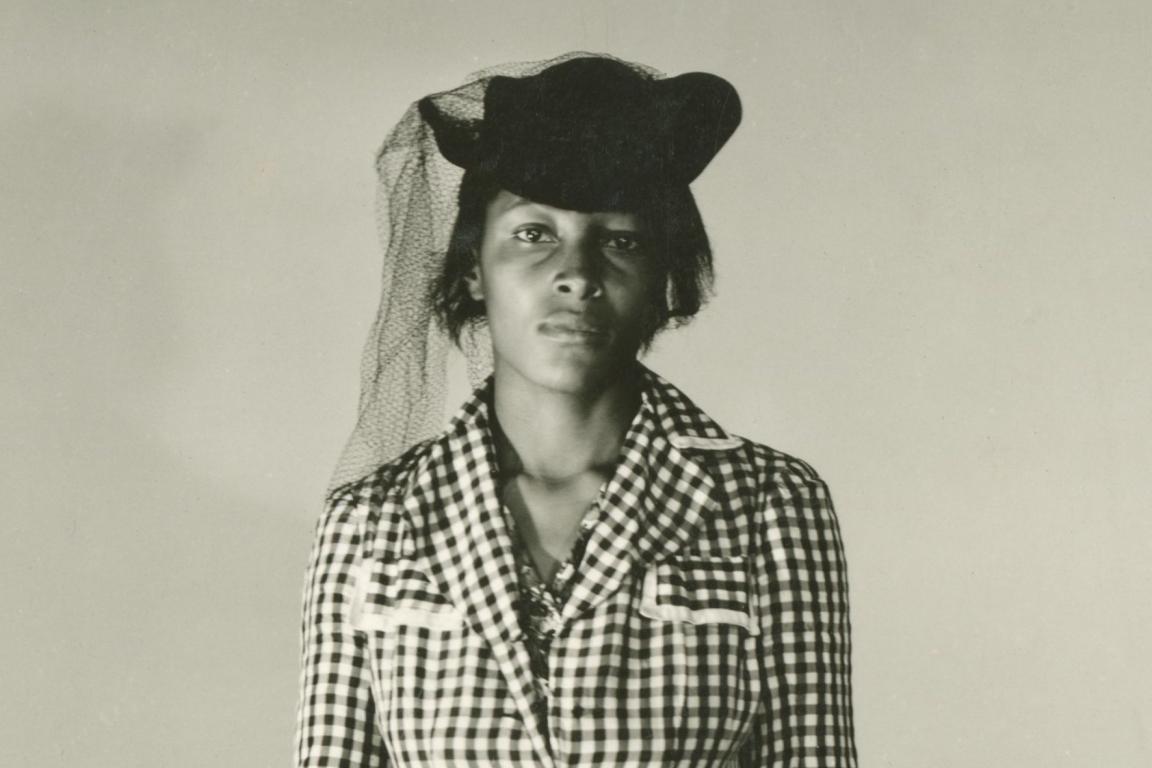Alabama 1944: The Rape of Recy Taylor, Rosa Parks, Racial Violence & Justice
Recy Taylor, Rosa Parks, & the Struggle for Racial Justice, Smithsonian, Museum of African American History & Culture.
Recy Taylor, a 24-year-old black mother and sharecropper, was walking home from church in Abbeville, Alabama, on September 3, 1944, when she was abducted and gang raped by six white men. The crime, which N.A.A.C.P. activist Rosa Parks investigated and which garnered extensive coverage in the black press, never saw the indictment of the accused.
In the film The Rape of Recy Taylor, director Nancy Buirski explores Taylor’s story, Rosa Parks’ work on her behalf, and the history of racial violence, particularly against women, in the postwar South. “After World War I,” Danielle L. McGuire writes in At the Dark End of the Street, “the Alabama Klan unleashed a wave of terror designed to return ‘uppity’ African Americans to their proper place in the segregated social order.”

It was against that backdrop that Parks witnessed and sought justice for the victims of widespread bigotry rippling throughout the state. Alongside other activists, Parks founded the "Committee for Equal Justice for Mrs. Recy Taylor" to bring widespread attention to the case. With the support of W.E.B. DuBois, Mary Church Terrell and Langston Hughes, among others, the case rose to prominence, but still faltered under the weight of entrenched bigotry. Indeed, the problem of racial prejudice in the South was a deep-seated one—a problem founded on a longstanding history of intimidation.
“Unsubstantiated rumors of black men attacking innocent white women sparked almost 50 percent of all race riots in the United States between Reconstruction and World War II,” McGuire asserts, referencing the uptick in rumors of black-on-white rape “whenever African Americans asserted their humanity or challenged white supremacy.” Faced with few options for legal recourse, African American women chose to share their stories, drawing on a longstanding history of testimony and truth-telling to shed light on their pain. “While survivors of sexualized violence rarely received justice in Southern courts,” McGuire writes, “black women like Recy Taylor who were raped by white men in the 1940s used their voices as weapons against white supremacy.”
It wasn’t until 2011, nearly 60 years after the case, that the state of Alabama issued a formal apology to Taylor for her treatment by the state’s legal system. “[Taylor] was an American hero and an Alabama treasure who spoke up in the face of racism, hate and sexual violence,” Alabama Rep. Terri A. Sewell said in a statement. “By standing up to injustice over 6 decades ago, Recy Taylor inspired generations of men and women to hold perpetrators of sexual violence accountable.” Taylor died at age 97 in Abbeville on Dec. 21, 2017, 3 weeks after the release of The Rape of Recy Taylor.
Though Recy Taylor’s case did not succeed in the short term, the fact that women like Taylor were telling their stories at a time of pronounced stigma and intimidation drew nationwide attention to issues of racial violence, mobilizing communities and building coalitions that would become the pillars of the civil rights movement.
https://nmaahc.si.edu/blog-post/recy-taylor-rosa-parks-and-struggle-racial-justice
- Rosa Parks; Mrs. Recy Taylor
- Assault of Recy Taylor (Wiki): Recy Taylor was walking home from church on September 3, 1944, with her friend Fannie Daniel and Daniel's teenage son West, when a car pulled up on the side of the road. In the car were US Army Private Herbert Lovett and six other men, all armed. Herbert Lovett accused Taylor of cutting Tommy Clarson "that white boy in Clopton this evening. This accusation was false, as Taylor had been with Daniel all day.
The seven men forced Taylor into the car at gunpoint and proceeded to drive her to a patch of trees on the side of the road. They forced her to remove her clothes saying "Get them rags off, or I'll kill you and leave you down here in the woods." After she was forcibly undressed, Taylor begged to return home to her family, including her husband and an infant child. The assailants ignored her requests, all removed their clothes, and watched as Lovett ordered Taylor to lie down and for her to "act just like you do with your husband or I'll cut your damn throat." She was raped by six of the men, including Lovett. https://en.wikipedia.org/wiki/Recy_Taylor

Recy Taylor article in 'The Chicago Defender.'
(2 mins) Trailer, 2017 film. In 1944, a 24-year-old Afro-American woman from Alabama was raped by six white men. Her case was defended by Rosa Parks, a legendary human rights activist. Using old film footage about racial incidents, the director speaks out on the issue of the sexual exploitation of black women. In the era of #MeToo and #BlackLivesMatter, the story of Recy Taylor, who once broke the silence on the same issue, takes on particular importance.